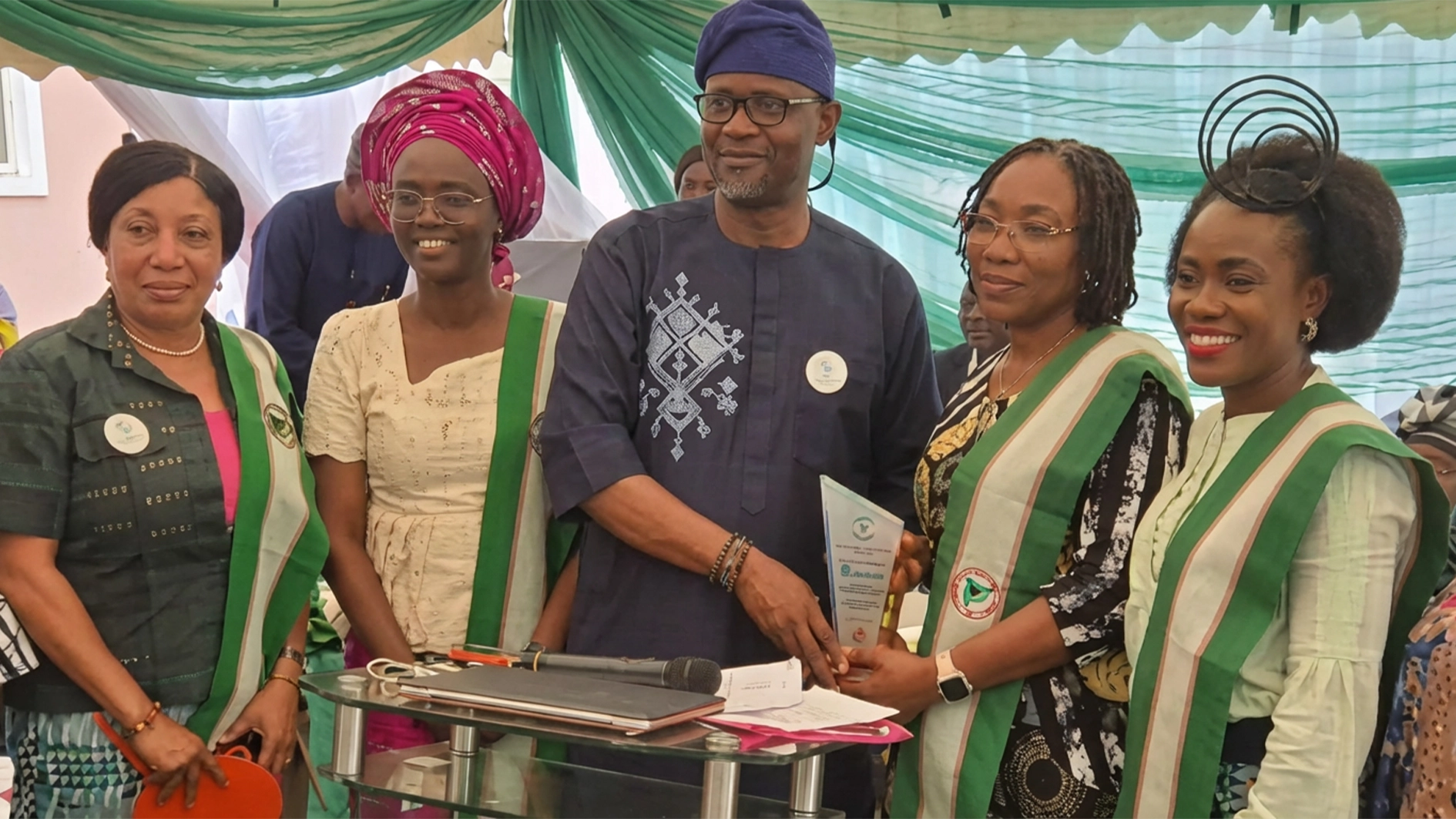
The Federal Government has expanded treatment services and improved healthcare access for individuals seeking help for drug use disorders. The government has also introduced the Medication Assisted Treatment for People with Opioid Dependence in the country. According to the World Drug Report, there has been a 23 per cent increase in the number of people using drugs over the past decade, with a staggering 45 per cent rise in those with drug use disorders, reaching 39.5 million people worldwide.
Nigeria alone accounts for 7.5 per cent of this statistics, with an estimated population of three million individuals facing drug use disorders. Additionally, 13.2 million people in Nigeria inject drugs, with half of them testing positive for Hepatitis C, 1.6 million with HIV, and 1.4 million with co-infections.
Speaking at the National Technical Working Group Meeting and Flag-off of Medication Assisted Treatment in Nigeria organised by the Federal Ministry of Health in collaboration with the Institute of Human Virology of Nigeria (IHVN) in Abuja, Director, Hospital Services Department of the Ministry, Salaudeen Jimoh, said that drug use in Nigeria is a serious public health problem.
Jimoh observed the United Nations Office on Drugs and Crime (UNODC) supported Nigeria in 2018 to survey denials that drug users are not in Nigeria, adding that the outcome showed that 14.3 million Nigerians are using one substance or the other.
He explained that drug use can be either through the mouth or through injection, saying that the use of injection is the most dangerous because the needle will cause trauma, while the drug in the system can cause sudden death.
Jimoh lamented that once addiction sets in, getting out is always difficult, especially with opioids. He said, “Because once they do not get that drug to take as and when due, some of them can go into a craving for the drug and can become unconscious and it can lead to their death.
He pointed out that Nigeria has developed standard operating procedures for the use of the medication and how to monitor the patients, adding that with the support of partners, the medication is now in Nigeria.
Jimoh explained that Gombe State was chosen for the pilot phase because of the high incidence of drug use and the readiness of the state government. He stated that the initiative will be scaled up to other states.
“I’m appealing to all Nigerians; the era of discriminating against people using drugs is over. Let them come out and take treatment,” he said. Also speaking, the Gombe State Commissioner for Health, Dr Habu Dahiru, said that the prevalence of drug or substance abuse is increasing in Nigeria with its attendant consequences.






